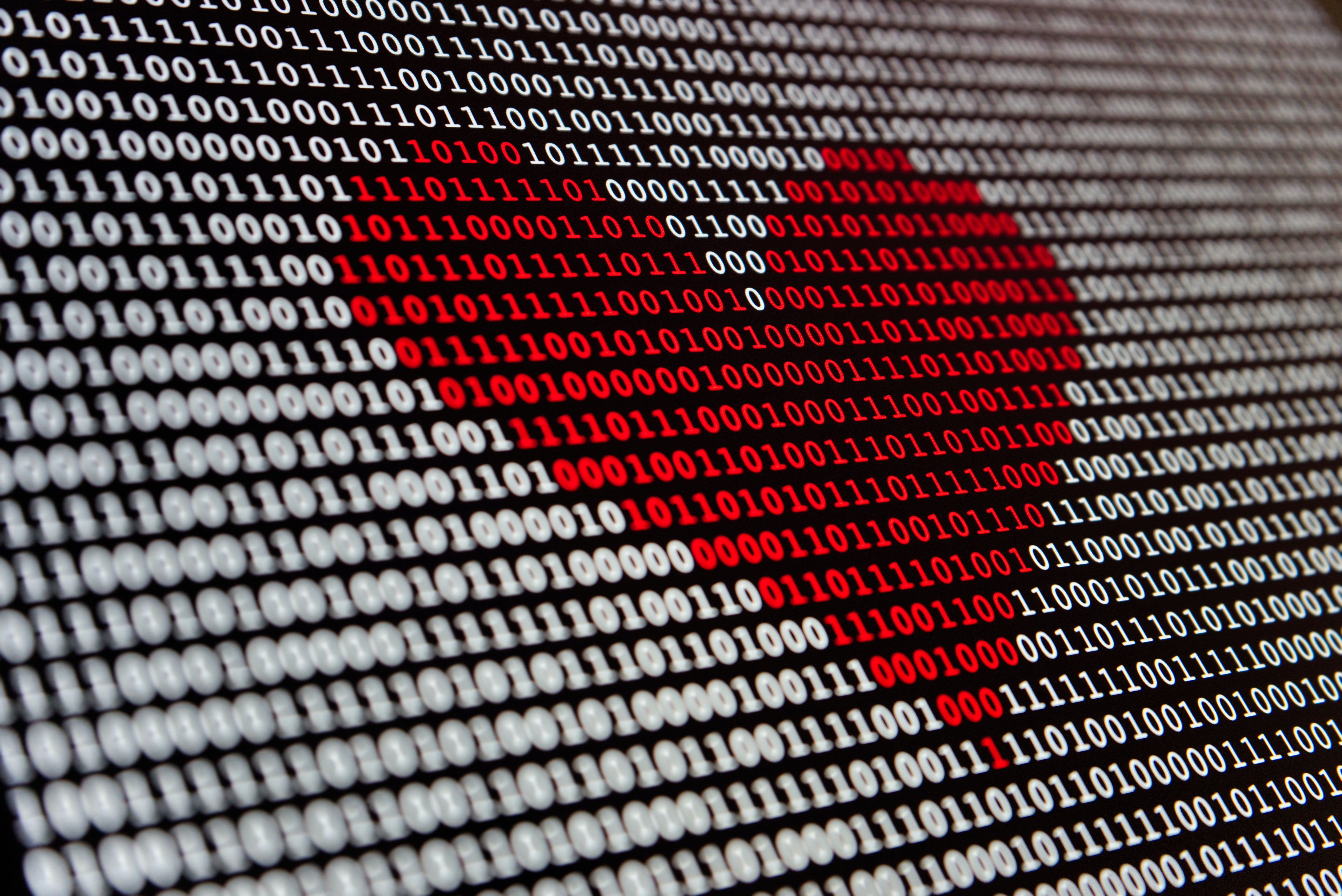Over the past decade, big data has completely transformed the world.
Big data encompasses everything — from emails and texts, to search engine results and social media chatter, even this article that you’re reading right now. The data generated every single day is so vast and complex that traditional processing systems cannot handle it.
Enter data scientists and data analysts.
It’s no surprise that these roles are listed at the top spot as the most in-demand job across industries in The 2020 World Economic Forum Future of Jobs Report.
Although both work with big data, the main difference lies in what they do with it. Let’s dive into the differences between data science and data analytics.
What is data science?
Data science is a multidisciplinary field that includes mathematics, statistics, computer science, programming, machine learning, information science, and more.
It uses techniques such as data mining, data interference, predictive modelling, and algorithm development to identify trends from massive unstructured datasets to find actionable insights and make predictions for the future.
Data scientists must also have an understanding of their industry, domain, and company to provide context for the data they work with.
What is data analytics?
Data analytics falls under the umbrella of data science and is more focused on statistics, mathematics, and statistical analysis.
It concentrates on processing and analyzing existing datasets, and creating methods to uncover actionable insights.
In other words, data analytics focuses on seeking specific answers to the questions that data science brings forth to foster data-driven innovation.
So what’s the difference?
In a nutshell, data science focuses on the macro and asks broader, strategic-level questions to drive innovation, while data analytics focuses on the micro, finding answers to more niche and specific questions.
Data science also explores unstructured data, while data analytics explores structured data.
Let’s explore this through an awesome analogy by Career Foundry — Imagine data scientists as general practitioners in a hospital, while data analysts are specialist doctors.
General practitioners (or data scientists) take a more holistic approach and understand how external factors can impact a patient’s overall health. This allows them to uncover questions that others might not think of asking.
Specialists, on the other hand (or data analysts), focus on a specific body part (or business area), like the heart or brain. They have the specialist knowledge to identify specific solutions to specific problems.
While they both take different approaches, both play vital roles in treating a patient (or the healthy operations of a business).
Our data experts at Polar Packet can help you turn raw data into actionable information. Learn more here.
